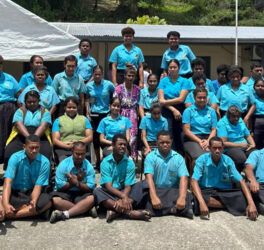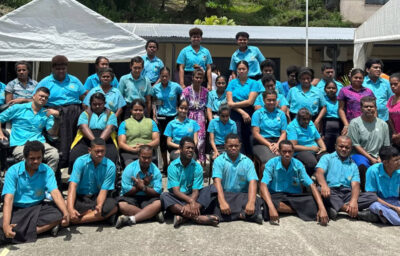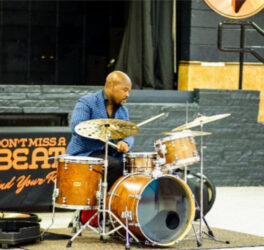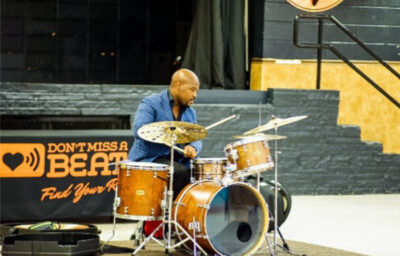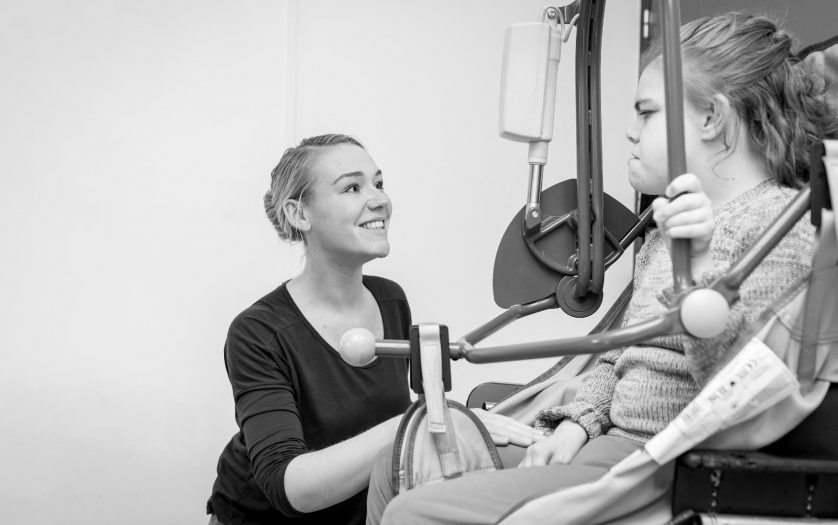
Disability care providers do not need to sacrifice the dignity of those they care for to manage health and safety, WorkSafe New Zealand says.
Last year the service arm of the IHC New Zealand Incorporated, IDEA Services Limited, was sentenced after the death of an intellectually disabled person in its care. In October 2016 a service user drowned after being left alone in the bath.
Recent media coverage suggests some providers have ceased providing baths to those living with disability, citing health and safety as the reason. WorkSafe says this indicates the true lessons from that tragic incident are being missed.
“Providers not providing baths due to safety concerns suggests they’ve missed the point following WorkSafe’s successful prosecution over a tragic drowning incident,” says WorkSafe Chief Executive Phil Parkes.
“Providers are obligated to manage risks arising from work with disabled people and organisations can achieve this by having good systems, processes and capability in their work environments, rather than taking services away from their clients.
“WorkSafe rejects any suggestion that health and safety is a reason for withholding basic comforts from those living with disability. We don’t endorse this approach and urge those providers to consider how they can manage their obligations without impacting those people being cared for.
“Organisations with influence and control over how these service providers are funded and deliver services also have a legal obligation to contribute to effective health and safety. Worksafe is working alongside these organisations to ensure they are meeting these obligations.
“WorkSafe acknowledges the health and disability system is experiencing significant workforce and resourcing challenges, exacerbated by COVID-19. We will continue to work with the sector to navigate these challenges, while requiring these organisations to step up and create better, healthier and safer work.”

